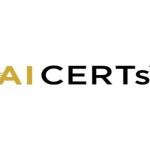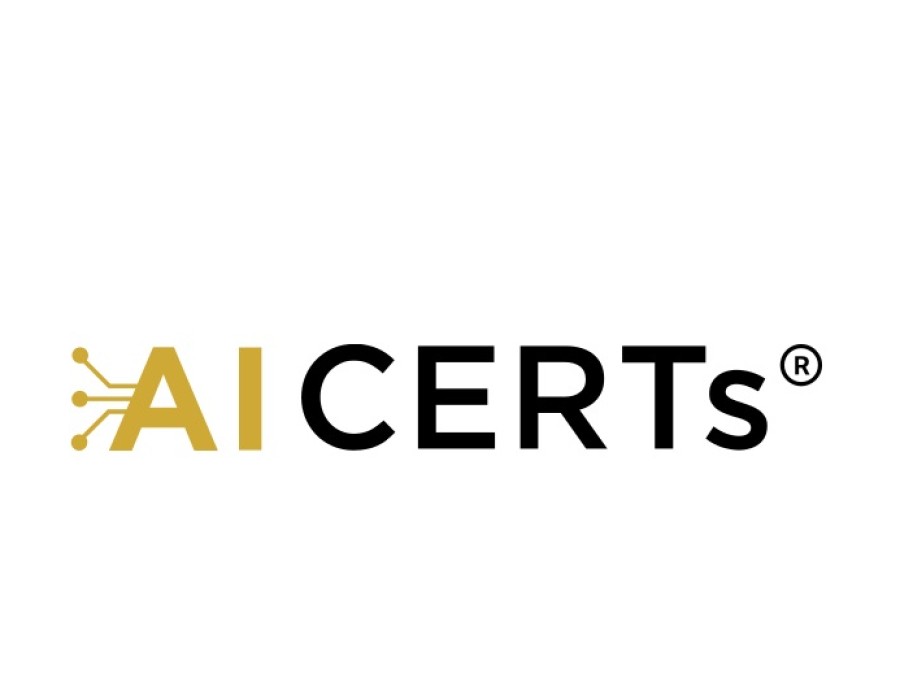Project management has undergone a revolutionary transformation over the past decade. Traditional methods, once reliant on manual planning and human oversight, are now evolving rapidly with the integration of artificial intelligence (AI). Organizations across industries are adopting AI-driven solutions to enhance efficiency, reduce errors, and achieve project goals faster. The fusion of AI with project management is not just a trend—it is becoming a necessity in today’s competitive business environment.
Understanding AI in Project Management
AI in project management involves the use of intelligent systems to automate, optimize, and analyze various aspects of projects. From task allocation and scheduling to risk management and performance tracking, AI systems provide actionable insights that were previously difficult to gather. By leveraging machine learning algorithms, natural language processing, and predictive analytics, teams can make data-driven decisions and proactively address potential issues.
One of the key advantages of AI is its ability to handle massive amounts of data. Project managers no longer need to sift through endless spreadsheets or rely solely on human intuition. Instead, AI software can identify patterns, forecast potential delays, and suggest resource reallocations to ensure projects stay on track. For professionals looking to excel in this evolving landscape, pursuing an AI Project Manager Certification is a strategic step that enhances credibility and demonstrates proficiency in modern project management techniques.
Benefits of Using AI Project Management Tools
AI project management tools are transforming the way teams plan, execute, and monitor projects. Some of the notable benefits include:
- Automated Scheduling: AI tools can automatically adjust timelines based on task progress and team availability, reducing human errors.
- Predictive Analytics: Advanced algorithms predict potential risks and suggest mitigation strategies before they escalate.
- Resource Optimization: AI ensures that resources, whether human or material, are allocated efficiently, improving productivity.
- Enhanced Collaboration: AI-driven communication platforms streamline team interactions and provide real-time updates.
- Performance Tracking: Managers can monitor individual and team performance through AI dashboards that provide actionable insights.
For professionals aiming to stay ahead in the industry, enrolling in an AI in Project Management course can provide a structured path to mastering these tools and techniques.
How AI is Reshaping Project Management Practices
AI is not just a supplementary tool; it is reshaping the entire project management lifecycle. Traditional project management relied heavily on static plans, but AI introduces adaptability and intelligence. For example, predictive AI models can identify which tasks are most likely to face delays and suggest contingency plans. Similarly, natural language processing tools can analyze project communications to detect potential conflicts or misunderstandings among team members.
Moreover, AI enables decision-making based on real-time data. Project managers can gain insights into budget utilization, resource efficiency, and project risks without spending hours manually analyzing reports. By integrating AI project management tools into workflows, organizations can achieve higher efficiency, reduce overhead costs, and improve overall project outcomes.
Steps to Become an AI-Ready Project Manager
As AI becomes integral to project management, professionals must adapt to this new paradigm. Learning how to utilize AI tools effectively is essential. To learn AI project management, individuals should focus on acquiring skills such as:
- Understanding AI algorithms and their applications in project workflows.
- Familiarity with AI-driven project management platforms and dashboards.
- Data analysis skills to interpret AI-generated insights.
- Change management capabilities to guide teams through AI adoption.
Once these skills are honed, aspiring professionals can become an AI project manager by gaining practical experience with AI tools, participating in relevant certifications, and staying updated on emerging AI trends in project management.
Overcoming Challenges in AI Project Management
While the benefits of AI are undeniable, adopting AI in project management comes with its challenges. Data privacy, system integration, and resistance to change are common obstacles organizations face. It is crucial to implement AI solutions gradually, ensuring team members are adequately trained and that AI tools complement rather than replace human expertise.
Furthermore, ethical considerations around AI decision-making must be addressed. Project managers should balance AI recommendations with human judgment, particularly in sensitive or high-stakes projects. By combining AI efficiency with human oversight, organizations can achieve a harmonious and productive project environment.
Conclusion
The integration of AI into project management is only set to grow. Emerging technologies like generative AI, advanced predictive analytics, and intelligent workflow automation will further enhance project delivery. Teams that embrace AI will benefit from increased agility, better decision-making, and improved project success rates. As AI continues to evolve, project management professionals who adopt these tools early will hold a competitive advantage in the global job market.
In conclusion, AI is transforming project management from a traditional, manual process into a dynamic, data-driven discipline. The adoption of AI tools allows teams to streamline operations, optimize resources, and achieve project objectives more efficiently. Professionals who embrace this shift and equip themselves with the right skills and certifications are poised to lead the next era of project management excellence.






Comments